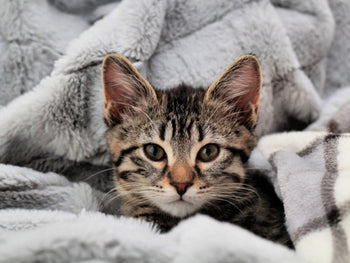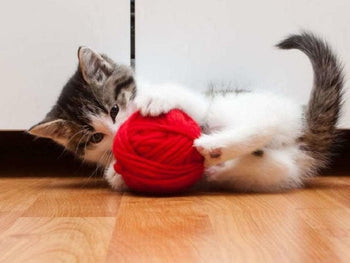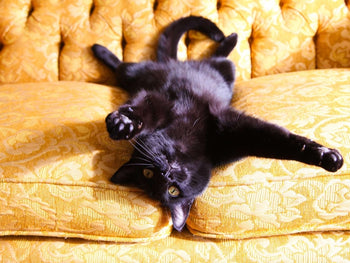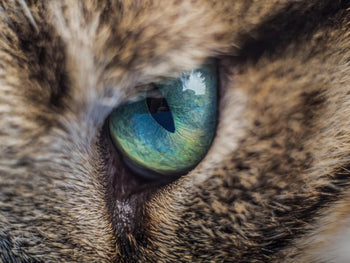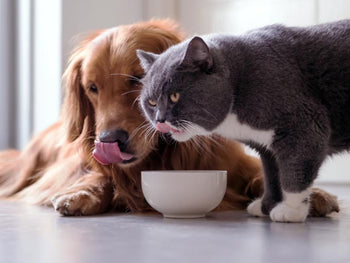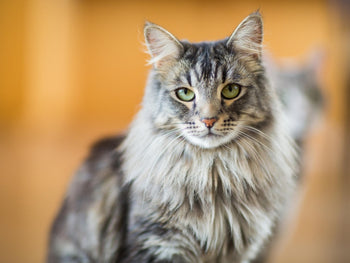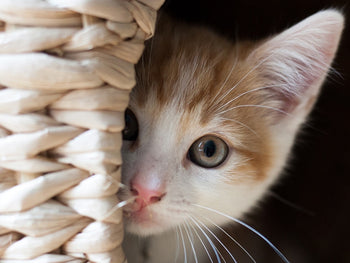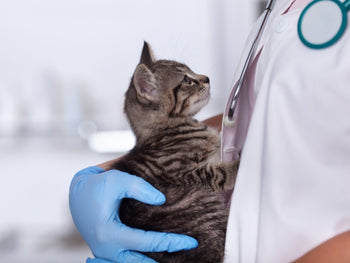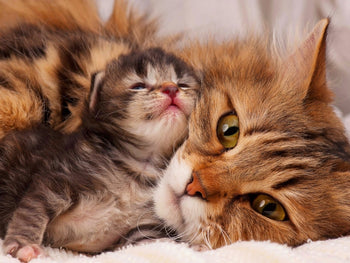
In their lifetime, the average cats would run into a variety of health issues which may cause them great pains. Generally speaking, pains not only change the behaviors of the felines but also complicate the recovery process in most cases. Fortunately, veterinarians could give the poor pets medications like Buprenorphine (also known as Buprenex) to help them tackle the sensation. That being said, when it comes to the use of Buprenorphine in cats, the subject of "Buprenorphine cat not sleeping" often leads to heated debates and argument among pet owners.
So it seems your fluffy friend is currently suffering from insomnia after taking in Buprenorphine? If that is so, you have to take a good look at the following information.
Buprenorphine: What Is It Anyway

To put it plainly, Buprenorphine is a fairly powerful pain relief medication that belongs to the opioid family along with morphine, codeine and so on. Most of the time, it takes around 30 - 45 minutes for the drug to kick in. On average, the pain-relieving effect would last approximately 8 hours. Technically, Buprenorphine is only approved for humans as a prescription drug considering its narcotic nature. Nonetheless, vets have the right to give Buprenorphine to cats with chronic illnesses, traumatic pains,...
The way that Buprenorphine works is quite simple: it suppresses receptors in the brain as well as the nerve system. Such receptors let the pet aware of the injuries on their body but in some cases, they cause further distress. Once Buprenorphine takes effect, it's going to deal with the physical pain in addition to associated mental issues such as stress, anxiety and alike. As a result, the drug is usually among the preferred options in the eyes of veterinarians for cats in pain. Still, using Buprenorphine for cats require a couple of considerations.
Needless to say, cats have a much smaller body compared to humans so the Buprenorphine dosage must be reduced accordingly. Most of the time, between 10 and 20 micrograms per kilogram is recommended by multiple experts. Since Buprenorphine is metabolized by the liver, liver failure is a potential issue if your furball is using multiple medications. Similar to the other pain medication, the drugs carry several side effects including diarrhea, nausea, vomiting, stomach upset and others.
Why Buprenorphine Disrupt Cat Sleeps

Though Buprenorphine is able to sedate cats which makes them feel sleepy, some vets have reported exceptions over the years. In such cases, the felines stay completely awake for extended periods of time after taking the drug into their system. That is why the subject of "Buprenorphine cat not sleeping" receives a lot of attention from first-time cat parents. It's understandable for people to quickly panic when they see their pets refuse to sleep, especially after receiving opioids.
Well, different cats have different constitutions so while many pets doze off under the effect of Buprenorphine, others become agitated. Generally speaking, the agitation varies from cat to cat but it's frequently enough to disrupt the usual sleeping cycle of pets for some time. Fortunately, the situation is temporary so things would go back to normal once the drug is metabolized by the liver. Nonetheless, it's a good idea to talk to the vets about what happens to your furball as a precaution.
While talking about the subject of "Buprenorphine cat not sleeping", some people claim that by changing the formula, the agitation shall reduce which permit the felines to fall into sleep. Still, the result seems to be slightly inconsistent so keep watch over your fluffy friend. Once you notice something odd, get your pet to the vets as soon as possible. Regardless of what is wrong, a trip to the clinic is always a safe bet. After all, the average pet owners tend to fall behind professional veterinarian regarding the ability to detect issues in cats so you should act responsibly.
Check us out for various astonishing cat tips & facts!
Frequently Asked Questions About The Use Of Buprenorphine In Cats

Besides the subject of "Buprenorphine cat not sleeping", pet owners around the globe have many other worries about the drug. All things considered, when it comes to the well being of your cat, it's impossible to be too careful.
-
What would happen if the administration of Buprenorphine stops suddenly?
Overall, it's safe to say that virtually all opioids these kinds of days have the potential to create dependence. As a result, withdrawal is indeed a possible outcome with Buprenorphine but usually, short term uses rarely lead to that. With that said, people have nothing to worry if their cats must briefly rely on the drug for pain relief. On the other hand, if Buprenorphine is used for fairly extended periods of time, it's necessary for the vets to take withdrawal into account. Cats that experience withdrawal tend to need extra care to get back to full health.
-
Is it wise to give lactating cats with kittens Buprenorphine?
By conducting several tests on rats, experts conclude that Buprenorphine is capable of getting into the milk of lactating animals. In fact, the concentration of the drug in the milk seems to be even higher than in the blood plasma. That is why if your cat is a mom with kittens, it's essential that you discuss with your vets regarding the use of Buprenorphine. Needless to say, kittens may experience serious all sorts of health issues if they accidentally absorb opioids into their body. Hence, to protect the future of litter, exercise caution here.
-
There must be cat-specific methods of administering Buprenorphine, right?
At veterinary clinics, injection is the preferred method in most of the cases, especially before surgery and post-operation recovery. Considering the fact that the felines could react in a multitude of ways to opioids, vets often administer Buprenorphine by themselves to monitor the situation. In case the pets need to take the drug for some time after checking out, veterinarian s shall offer oral dosages to cat parents. Obviously, you have to follow the instruction of the vets in order to minimize complications.
Read more Cat's Health Guides and find fun stuffs on Cattybox !!
